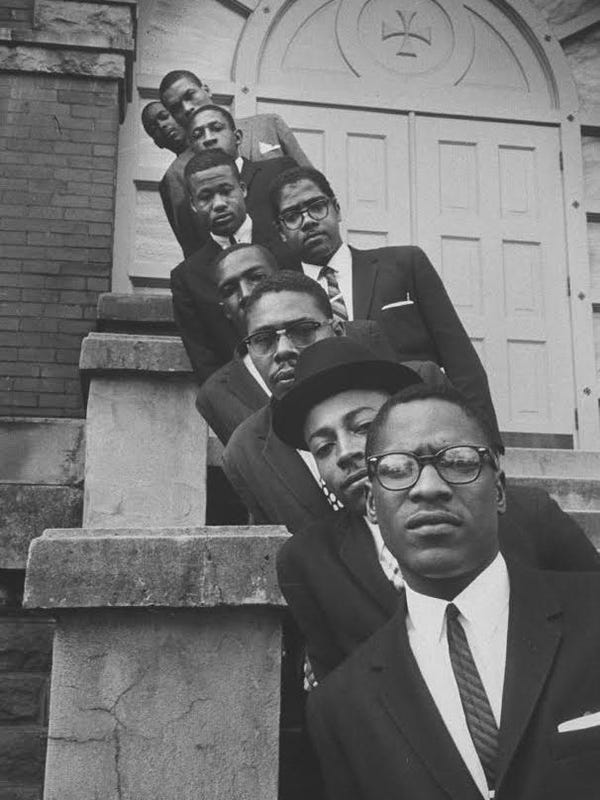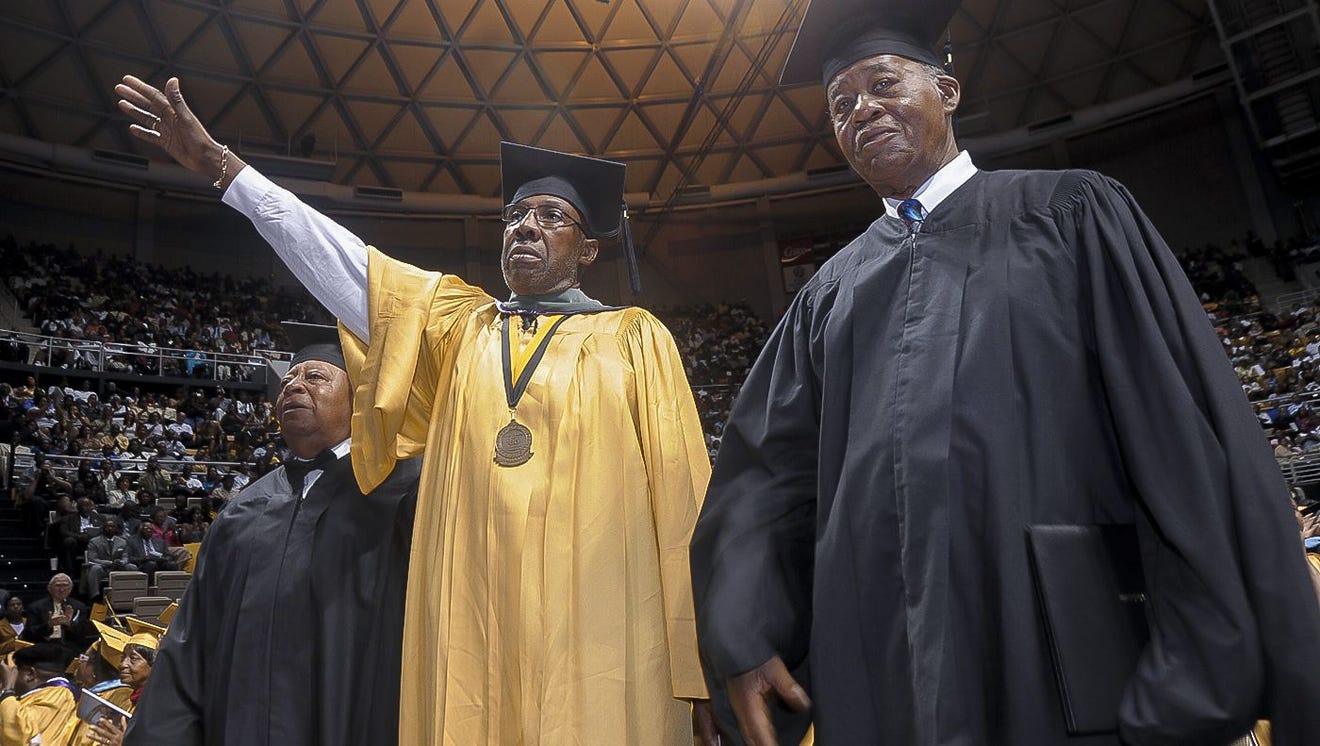On this dayFeb 29, 1960
Alabama Governor Demands Student Organizers Be Expelled For Anti-Segregation Protests
Students at Alabama State College, a traditionally African American institution in Montgomery, Alabama, staged an anti-segregation sit-in at a segregated lunch counter in the Montgomery County Courthouse on February 25, 1960. Four days later, on February 29, 1960, Alabama Governor John Patterson held a news conference to condemn the sit-in.
Governor Patterson, who was also chairman of the State Board of Education, threatened to terminate Alabama State College's funding unless it expelled the student organizers and warned that "someone [was] likely to be killed" if the protests continued. The next day, more than 1,000 Alabama State College students marched on the state capitol. On March 2, 1960, the college expelled the nine student leaders of the courthouse sit-in.
More than 1,000 students immediately pledged a mass strike, threatened to withdraw from the school, and staged days of demonstrations; 37 students were arrested. Montgomery Police Commissioner L.B. Sullivan recommended closing the college, which he claimed produced only "graduates of hate and racial bitterness." Meanwhile, six of the nine expelled students sought reinstatement through a federal lawsuit. In August 1960, in Dixon v. Alabama, a federal court upheld the expulsions as "justified and, in fact, necessary" and barred the students' readmission to the school.

On February 25, 2010, in a ceremony commemorating the 50th anniversary of the sit-in, Alabama State University (formerly Alabama State College) President William Harris reinstated the nine students, criticized Governor Patterson's "arbitrary, illegal and intrusive" role in forcing the expulsions, and praised the student protest as "an important moment in civil rights history."

About EJI
The Equal Justice Initiative works to end mass incarceration, excessive punishment, and racial inequality.
About this website
Until we confront our history of racial injustice and its legacy, we cannot overcome the racial bias that exists today.
 Learn more
Learn more